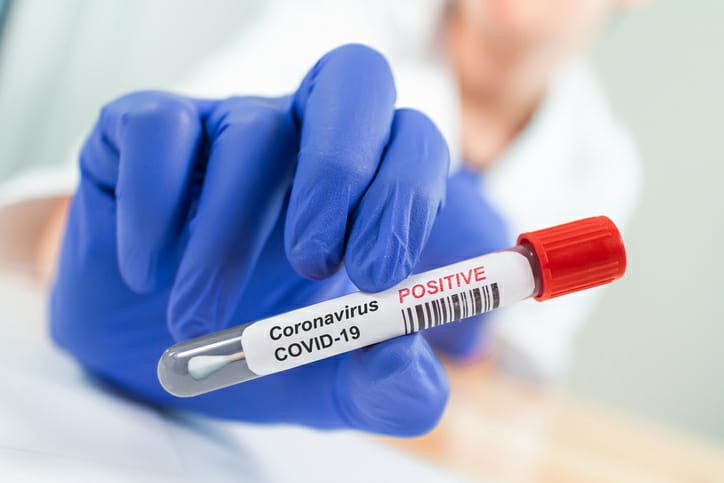
Low testosterone levels linked to severe Covid risk in men: Study
New Delhi, May 27
Low level of the male hormone testosterone in the blood is associated with an increased risk of severe Covid-19 in men, according to a study.
However, the study, published in the journal JAMA Network Open, could not prove that low testosterone is a cause of severe Covid-19.
The researchers from Washington University School of Medicine in the US noted that low levels of the hormone could simply serve as a marker of some other causal factors.
They urge caution with ongoing clinical trials investigating hormonal therapies that block or lower testosterone or increase estrogen as a treatment for men with Covid-19.
Estrogen is a hormone responsible for the development and regulation of the female reproductive system.
“During the pandemic, there has been a prevailing notion that testosterone is bad. But we found the opposite in men,” said senior study author Abhinav Diwan, a professor of medicine.
“If a man had low testosterone when he first came to the hospital, his risk of having severe Covid-19 was much higher compared with men who had more circulating testosterone,” Diwan said.
He noted that if testosterone levels dropped further during hospitalisation, the risk increased.
The researchers measured several hormones in blood samples from 90 men and 62 women with symptoms of Covid-19, and who had confirmed cases of the illness.
For the 143 patients who were admitted to the hospital, the researchers measured hormone levels again at days 3, 7, 14 and 28, as long as the patients remained hospitalised over these time frames.
They also measured levels of estradiol, a form of estrogen produced by the body, and IGF-1, an important growth hormone that is similar to insulin and plays a role in maintaining muscle mass.
Among women, the researchers found no correlation between levels of any hormone and disease severity.
Among men, only testosterone levels were linked to Covid-19 severity.
A blood testosterone level of 250 nanogram per deciliter or less is considered low testosterone in adult men.
At hospital admission, men with severe Covid-19 had average testosterone levels of 53 nanogram per decilitre. Those with less severe disease had average levels of 151 nanogram per decilitre.
By day three, the average testosterone level of the most severely ill men was only 19 nanogram per decilitre.
The lower the levels of testosterone, the more severe the disease, the researchers said.
For instance, those with the lowest levels of testosterone in the blood were at highest risk of going on a ventilator, needing intensive care or dying, they said.
Thirty-seven patients — 25 of whom were men — died over the course of the study.
The researchers noted that other factors known to increase the risk of severe Covid-19, including advanced age, obesity and diabetes, also are associated with lower testosterone.
“The groups of men who were getting sicker were known to have lower testosterone across the board,” said first author Sandeep Dhindsa, an endocrinologist at Saint Louis University, US.
“We also found that those men with Covid-19 who were not severely ill initially, but had low testosterone levels, were likely to need intensive care, or intubation over the next two or three days.
“Lower testosterone levels seemed to predict which patients were likely to become very ill over the next few days,” said Dhindsa. — PTI
Stay connected with us on social media platform for instant update click here to join our Twitter, & Facebook
We are now on Telegram. Click here to join our channel (@TechiUpdate) and stay updated with the latest Technology headlines.
For all the latest Health News Click Here
For the latest news and updates, follow us on Google News.

